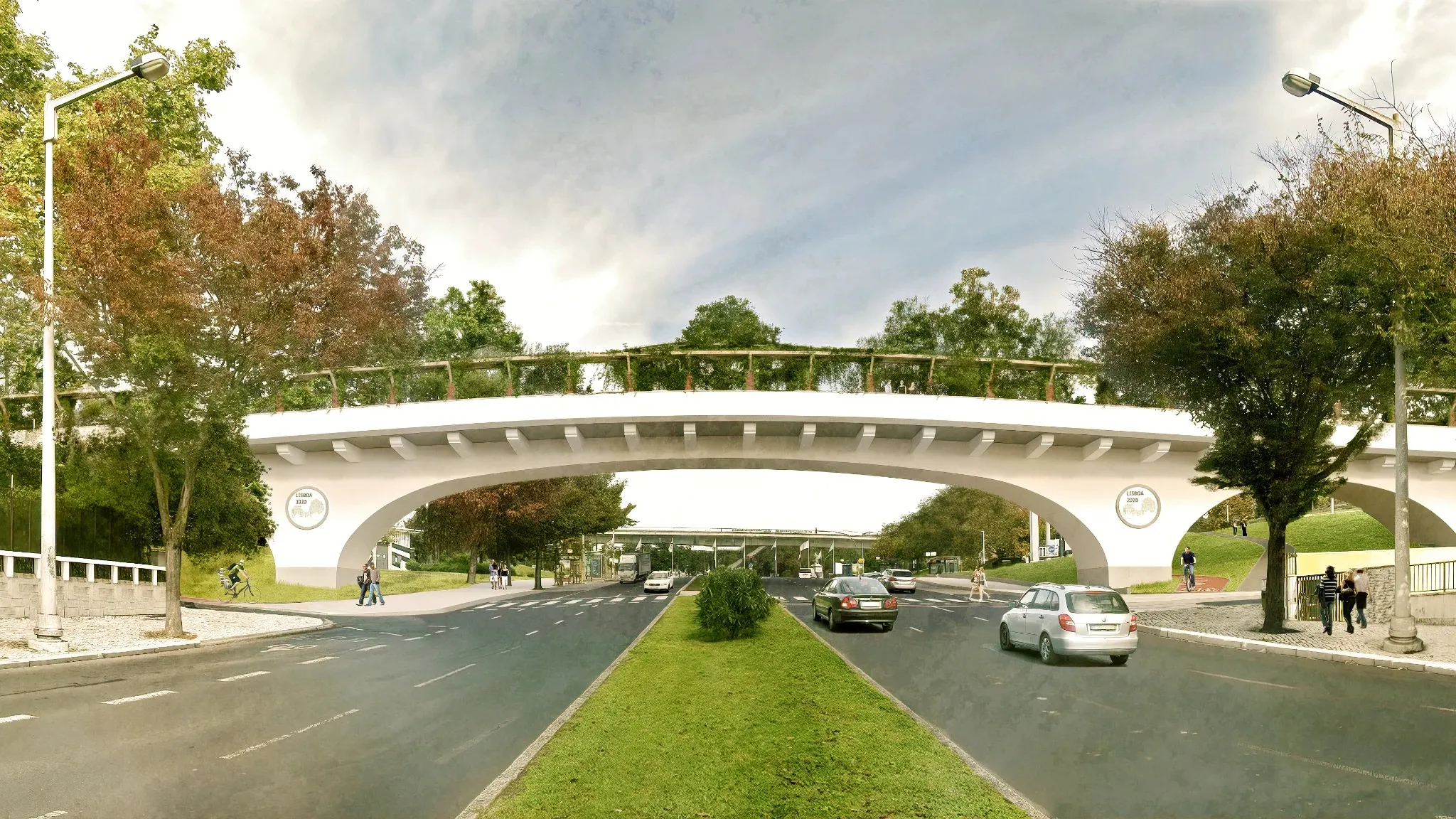The Portuguese government’s Ministry of Economy and Employment has partnered with the Japanese New Energy and Industrial Technology Development Organisation (NEDO) in a project that covers a wide range of initiatives in the field of sustainable technology and innovation. The city of Lisbon in Portugal has been selected as the target city to implement a smart community program, with the aim of generating integrated systems for mobility management. Building on existing technologies and systems through the te
March 4, 2013
Read time: 2 mins
The Portuguese government’s Ministry of Economy and Employment has partnered with the Japanese New Energy and Industrial Technology Development Organisation (NEDO) in a project that covers a wide range of initiatives in the field of sustainable technology and innovation.
The city of Lisbon in Portugal has been selected as the target city to implement a smart community program, with the aim of generating integrated systems for mobility management. Building on existing technologies and systems through the technology driven partnerships provided by Portuguese and Japanese stakeholders, , these might include real time integrated traffic and parking systems, fully-integrated route guidance information systems, air quality driven traffic management system and integrated mobility services payment.
The first developments identified areas of interest and potential projects that contribute to the high level objective of generating new technologies and innovations. At present, the focus of this program is based on two main key areas as pillars for this smart community: mobility/ smart transportation and energy management systems/ energy saving technologies.
Research projects are currently being identified; following a feasibility study, it is expected that technology dissemination and field projects will be implemented by the middle of 2014.
The city of Lisbon in Portugal has been selected as the target city to implement a smart community program, with the aim of generating integrated systems for mobility management. Building on existing technologies and systems through the technology driven partnerships provided by Portuguese and Japanese stakeholders, , these might include real time integrated traffic and parking systems, fully-integrated route guidance information systems, air quality driven traffic management system and integrated mobility services payment.
The first developments identified areas of interest and potential projects that contribute to the high level objective of generating new technologies and innovations. At present, the focus of this program is based on two main key areas as pillars for this smart community: mobility/ smart transportation and energy management systems/ energy saving technologies.
Research projects are currently being identified; following a feasibility study, it is expected that technology dissemination and field projects will be implemented by the middle of 2014.








